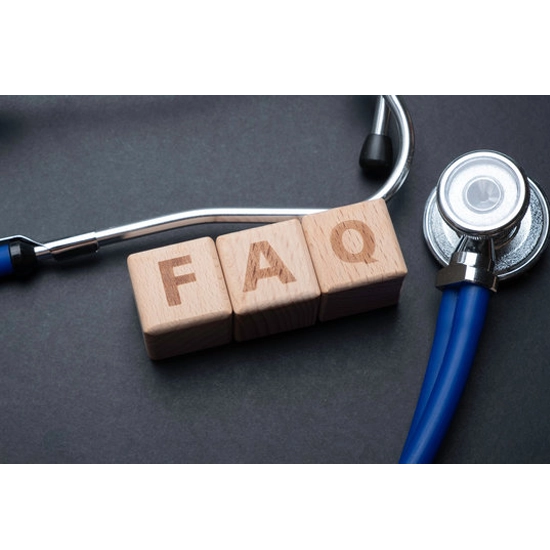 gene mutation.webp)
Book Dihydropyrimidine Dehydrogenase (DPD) Gene Mutation Appointment Online Near me at the best price in Delhi/NCR from Ganesh Diagnostic. NABL & NABH Accredited Diagnostic centre and Pathology lab in Delhi offering a wide range of Radiology & Pathology tests. Get Free Ambulance & Free Home Sample collection. 24X7 Hour Open. Call Now at 011-47-444-444 to Book your Dihydropyrimidine Dehydrogenase (DPD) Gene Mutation
The severity of dihydropyrimidine dehydrogenase insufficiency varies greatly, with some people experiencing neurological issues and others showing no signs or symptoms at all.
The condition manifests in infancy in persons with severe dihydropyrimidine dehydrogenase insufficiency. Neurological issues in these affected people include epilepsy (recurrent seizures), intellectual disability, microcephaly (small head), hypertonia (increased muscle tone), delayed development of motor skills like walking, and autistic behaviours that interfere with communication and social interaction. The illness does not manifest in any other affected people, who are said to be asymptomatic. Only laboratory testing can determine who has asymptomatic dihydropyrimidine dehydrogenase deficiency.
Fluoropyrimidines, a class of medications used to treat cancer, can cause severe, even fatal adverse reactions in people with dihydropyrimidine dehydrogenase deficiency, even in those who otherwise show no symptoms. 5-fluorouracil and capecitabine are two common examples of these medications. Dihydropyrimidine dehydrogenase deficient individuals struggle to effectively break down certain medications, which causes the body to accumulate dangerous amounts of them (fluoropyrimidine toxicity). Mucositis, a severe inflammation and ulceration of the gastrointestinal tract's lining, can manifest as mouth sores, abdominal pain, bleeding, nausea, vomiting, and diarrhoea, among other signs and symptoms. Neutropenia, which raises the risk of infections due to decreased white blood cell counts caused by fluoropyrimidine toxicity, is another possible side effect. Low levels of platelets can also be connected to it.
A uncommon condition, severe dihydropyrimidine dehydrogenase deficiency presents with early-onset neurological symptoms. It is unclear how common it is. Nevertheless, asymptomatic dihydropyrimidine dehydrogenase insufficiency may make 2–8% of the general population susceptible to harmful reactions to fluoropyrimidine medications.
Dihydropyrimidine dehydrogenase, an enzyme involved in the destruction of the molecules uracil and thymine, is made by following the instructions provided by this gene. One kind of nucleotide is a pyrimidine, which includes uracil and thymine. DNA, RNA, and molecules like ATP and GTP, which are used as energy sources in cells, are all made up of nucleotides.
Dihydropyrimidine dehydrogenase is missing (deficient) as a result of mutations in the DPYD gene. There is no obvious connection between the excess uracil and thymine and the specific dihydropyrimidine dehydrogenase deficiency symptoms and indications. Dihydropyrimidine dehydrogenase mutations that result in the entire absence of this enzyme (complete deficiency) typically cause more severe indications and symptoms than mutations that result in a partial deficiency of this enzyme.
The section under "Inheritance" has been expanded.
Due to the autosomal recessive inheritance pattern of dihydropyrimidine dehydrogenase deficiency, both copies of the gene in each cell are mutated. Those who have one mutant copy of the DPYD gene in every cell, however, may still be susceptible to the harmful effects of fluoropyrimidine medications.
| Test Type | Dihydropyrimidine Dehydrogenase (DPD) Gene Mutation |
| Includes | Dihydropyrimidine Dehydrogenase (DPD) Gene Mutation (Pathology Test) |
| Preparation | |
| Reporting | Within 24 hours* |
| Test Price |
₹
|

Early check ups are always better than delayed ones. Safety, precaution & care is depicted from the several health checkups. Here, we present simple & comprehensive health packages for any kind of testing to ensure the early prescribed treatment to safeguard your health.